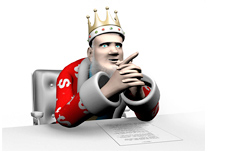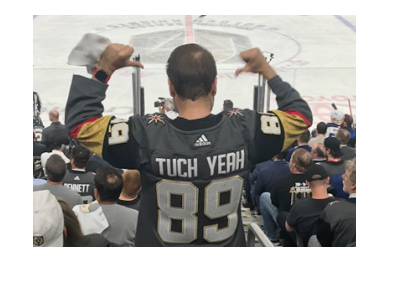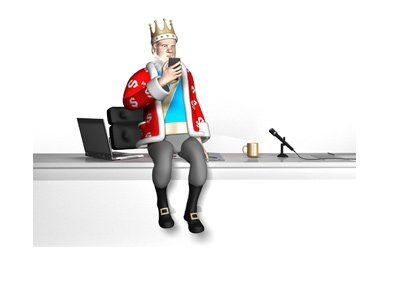Is a Casino Justified in Denying a Payout if a Person is "Edge Sorting"?
Published on 2014-04-13 22:44:00 Is Phil Ivey a cheater? Two casinos, Crockfords and the Borgata, certainly think so.
Is Phil Ivey a cheater? Two casinos, Crockfords and the Borgata, certainly think so. Phil Ivey, on the other hand, classifies himself as an "advantage player" who simply takes advantage of the opportunities that are given to him.
Phil Ivey is currently involved in two lawsuits that both involve huge sums of money. In the case of Crockfords, Ivey is suing the casino for about $12 million. In the case of the Borgata, the casino is suing Ivey for nearly $10 million.
This entire saga started back in the summer of 2012 when Ivey and an "associate" strolled into Crockfords to play some high limit Punto Banco. Ivey ran up his £1,000,000 stake to about £9,000,000 over the course of a two day session and then requested a payout.
Representatives from Crockfords were suspicious of the win and subsequently launched an investigation. Crockfords would later say that Ivey and his associate were "operating a scam" by utilizing the practice of "edge sorting". Ivey's original £1,000,000 stake was returned but the casino elected to confiscate his winnings.
Ivey later sued the casino for the money. In a court submission, Ivey admitted that he was an "advantage player" who was utilizing edge sorting to gain an edge on the casino.
"Edge sorting" requires that cards be improperly cut in order to work. Cards that are properly cut will have a perfectly symmetrical pattern on the back, while cards that are improperly cut will have an asymmetrical pattern on the back.
So, let's say that you take two cards from an improperly cut deck and place them side by side with the backs of the cards facing upwards. Now, let's turn ONE of the cards 180 degrees.
With a properly cut deck, you would not be able to notice any difference if you turned one of the cards around. With an improperly cut deck, you can notice a difference between the two.
So, in the case of Ivey and his associate, they were asking that the dealer turn certain cards (the 7,8 and 9, which are crucial cards in Punto Banco). By doing this, Ivey would know if a card was a 7, 8 or 9 without it being flipped over. This gave Ivey an advantage over the casino which he took full advantage of.
--
Ivey and his associate did the same thing to the Borgata, taking the casino for nearly $10 million. The casino caught wind of Ivey's situation with Crockfords and called him out on it after Ivey had taken the casino for about $9 million. Ivey managed to convince the casino that he should keep playing, bagged one last $800k win and then left with his winnings. Unlike Crockfords, the Borgata paid out Ivey in full.
However, the Borgata has now decided that Ivey improperly used a defect in the cards to enrich himself at the expense of the casino and they want this money back.
--
The big question is - who is at fault here?
Is it the maker of the improperly cut cards? The Borgata thinks that some fault lies with them, as they were included in the lawsuit against Ivey.
Is it the casino? Should the casino have the responsibility of making sure that all of the cards that are dealt in their casinos are without flaws?
Is it Phil Ivey?
The casinos certainly seem to think that Phil Ivey is a cheater and that he should be denied his winnings.
Is Ivey really at fault for exploiting a flaw in the cards?
What do you think?
--
Filed Under: Miscellaneous Poker Articles



